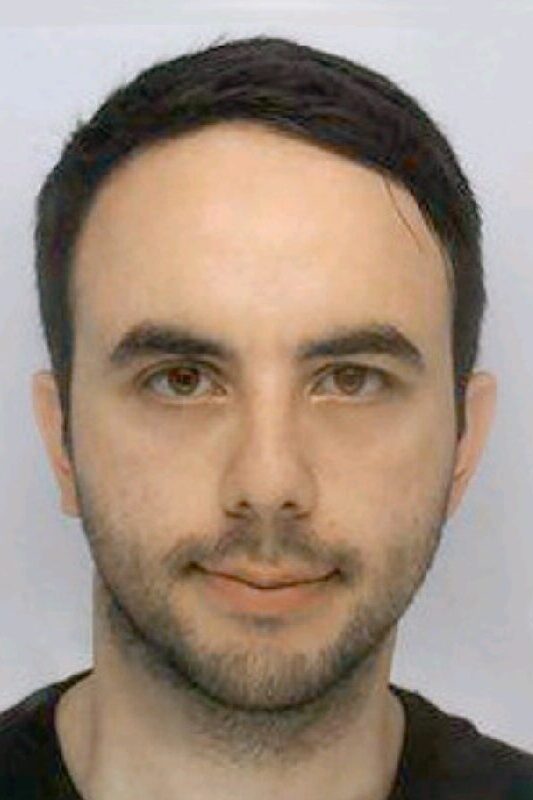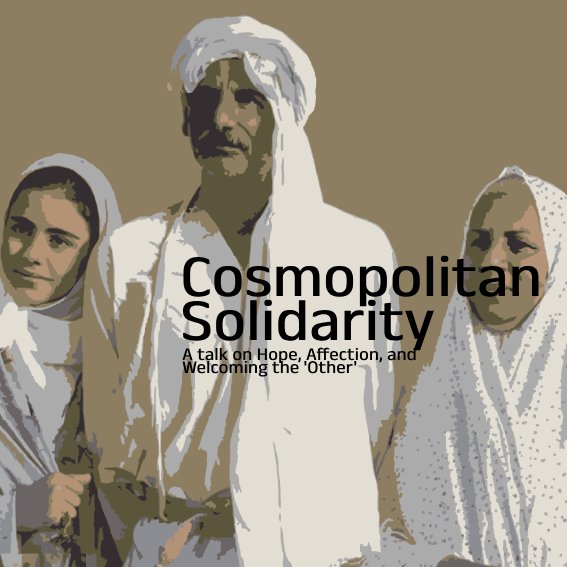To live in the age of precarity is a tolling, everyday struggle. It erodes one’s strength to carry on, live another day, and keep the hope for a modicum of prosperity due to come in some vague future. And when things get unbearably harsh, when the hegemony of neoliberalism has individualised the problems and told those who sustain life by the skin of their teeth to keep their head above the surface without having an eye for care from the retreating state that sees no obligation towards the lesser-able citizens, and when the politics of fear buffets on the anxiety evoked by the physical proximity of the Other, refugees —the most vulnerable of all living in the city— are scapegoated for all the problems befallen on daily life. Refugees are easy targets. They, on principle, lack most forms of capital to claim status; they look different and sound different with sometimes an uncanny unbeknownst culture that attracts all forms of shaming and stigma; they are ‘foreigners’, somebody else’s ‘problem’ who happened to be dropped at ‘our’ doorstep; and they are easy to blame for everything that goes amiss, be it housing shortage, street violence, economic stagnation or what have you.
However, we all have witnessed the compassion, solidarity, and affection given to refugees and all those who found little option but to flee from prosecution, war, climate disasters, and countless other unfortunate conditions that make one’s life in her own home unbearable. We all can remember people congregating in Frankfurt, Munich and Humburg’s Hauptbahnhof to welcome the war-stricken. We do remember protests, mass gatherings, the signs hung behind the windows to denounce the dehumanisation of the refugees, and countless families took in Ukrainians before they could find permanent residency. We remember the giving, hosting, embracing, and naturalising. We do remember the host society forcing itself to acculturate to new shapes of living. And we do remember hope.
Yes, there were, and still are, heinous facets of hate. But there are hopes for cosmopolitan solidarity, too, and in this episode, we will talk about the latter.
Episode transcript
Host:

Hossein Hamdieh
Hossein Hamdieh is a joint PhD candidate at Humboldt University and King’s College London. A scholarship-holder of Friedrich Ebert Stiftung, he is an anthropologist and geographer by education who is currently taking the last steps towards delivering his thesis.
Guests:

Martin Bak Jørgensen
Martin Bak Jørgensen is a professor at the Department of Culture and Learning at Aalborg University. He works within the fields of sociology, political sociology and political science and has published articles in Internal Migration Review and Critical Sociology, among others. In this episode, he discusses the book he published with his colleague, Óscar García Agustín. The book, titled “Solidarity and the ‘Refugee Crisis’ in Europe”, is a critical read, pregnant with well-rationed ideas, and in this episode, Martin gives us a rudimentary scheme of the book.

Daniel Guigui
Daniel Guigui is a PhD candidate at UCD’s Department of Sociology investigating the relationship between biographical narratives and cosmopolitan solidarity development under Dr Marta Eichsteller’s supervision. He holds a BBA in Global Project and Change Management with distinction Cum Laude from Windesheim University and an MSc in Comparative Social Change with first-class honours from University College Dublin and Trinity College Dublin. Furthermore, he is the elected postgraduate representative of the Sociological Association of Ireland and a longstanding scholar of the Studienstiftung des deutschen Volkes. Since 2015, Daniel has worked on various research projects focusing on migration, solidarity, globalisation, internationalisation, and cosmopolitanism.
Credits:
Music: Cover Version of John Lennon – Imagine (Performed by The Bits); GOWGHA “I’m Talking to You”
Title Photography: Hossein Hamdieh

